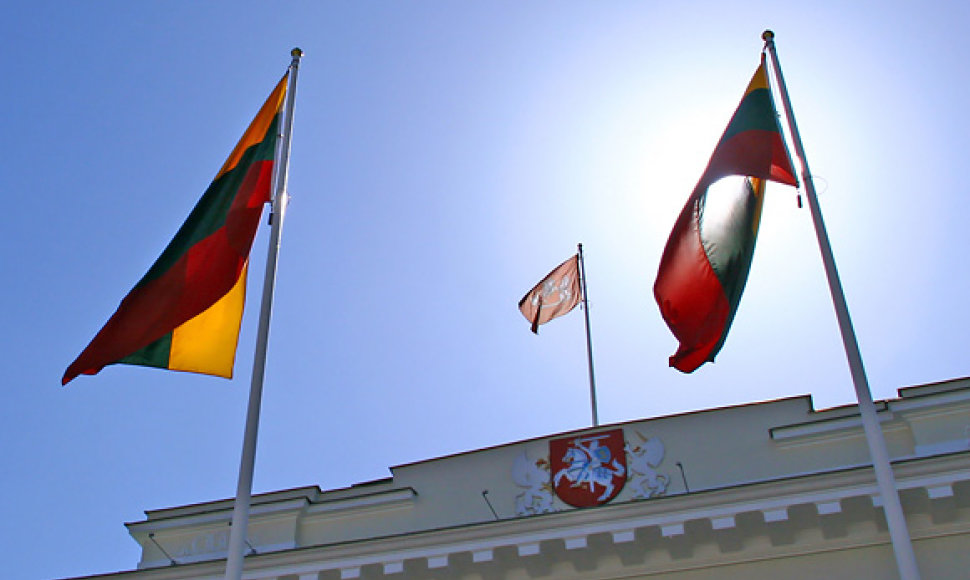She said the amendments would infringe upon the direction adopted by the European Parliament and Council, thus posing a risk of serious sanctions from the European Union (EU) institutions.
"By allowing this exception, Lithuania would become probably the only country in Europe envisaging preferential conditions of operations for political parties. In other countries, political parties have to abide by the same public procurement rules, as any other organization," reads the communiqué published by the President's Office.
In Grybauskaitė's words, no exceptions are envisaged in the Law on Public Procurement that is currently in effect, therefore, political parties would be the only organizations to enjoy the privileges.
The president said everyone should be used to transparent and responsible use of money from the state budget, therefore, public procurement rules should be mandatory for all.
She also emphasized that the amendment did not take into consideration the negative recommendation of the Special Investigations Service, which said that the provisions contained in the law involved faults in terms of anti-corruption rules.
Proposed by the Liberal Centrists, the amendment to the Law on Public Procurement stipulating an exception for political parties was adopted by Lithuania's parliament in mid-March. The changes were supported by 91 of Lithuania's 141 parliamentarians, 15 were against and 17 abstained. Those against included Liberal Movement and Christian Party groups and individual members of other political groups.
According to the change, acquisitions organized by political parties and participants of political campaigns are exempt from the legal norm, suggesting that a legal entity receiving more than 50 percent of its funding from the state budget should buy commodities and services through a public procurement procedure.
The initiators of the amendment said that the terms and conditions of public procurement were inconsistent with terms of political campaigns and, furthermore, the terms and conditions left room for abuse of suppliers that would jeopardize political campaigns.
The law was changed after budget grants became the main source of funding of political parties following a ban for businesses to sponsor political parties. Enforced on 1 January, the amendment bans political parties from accepting donations from individuals and legal entities, while political campaigns are allowed to receive donations from individuals only.












